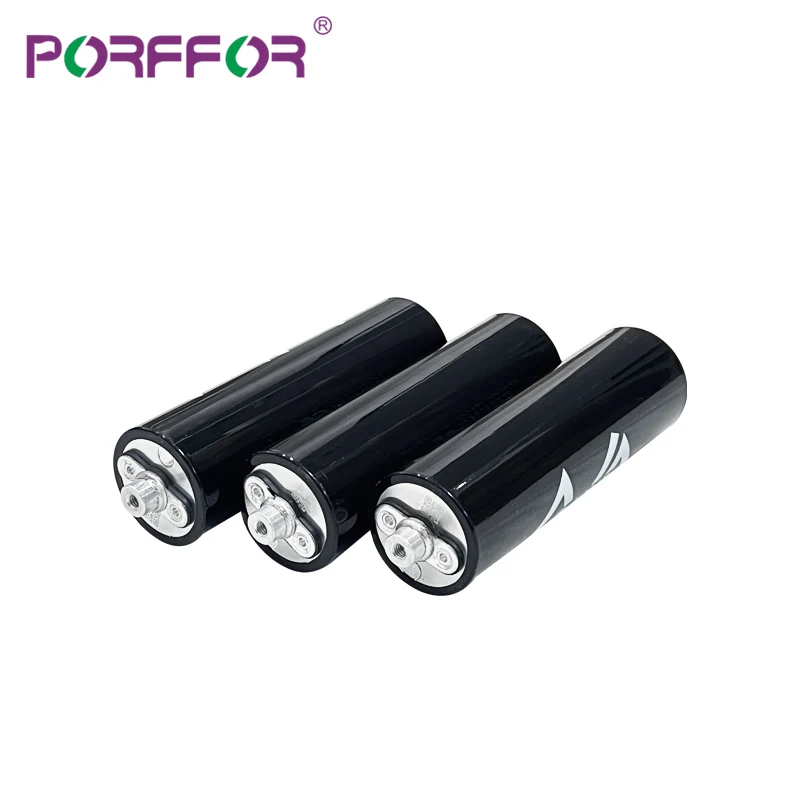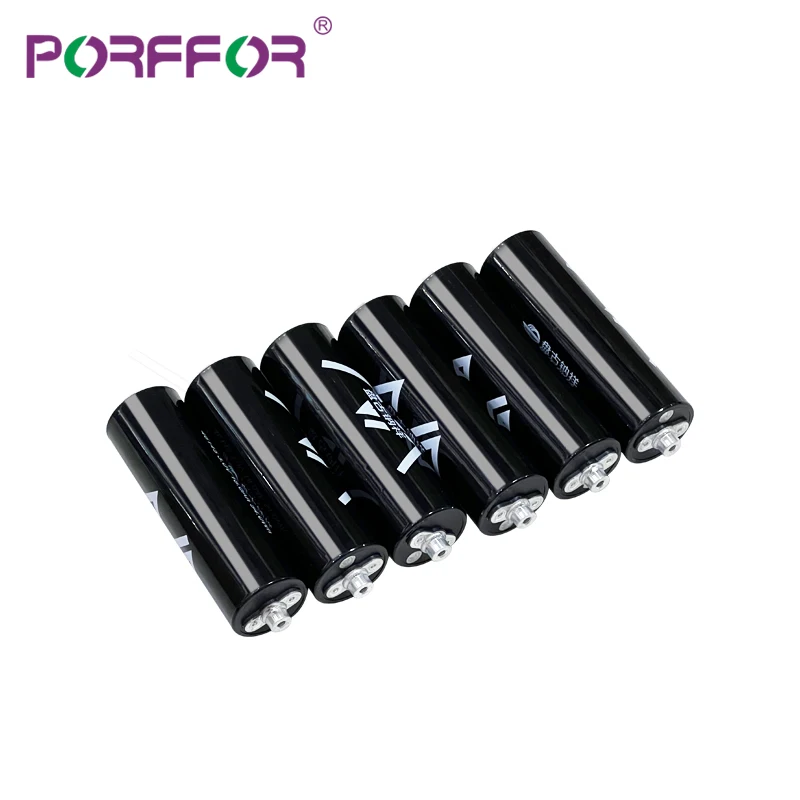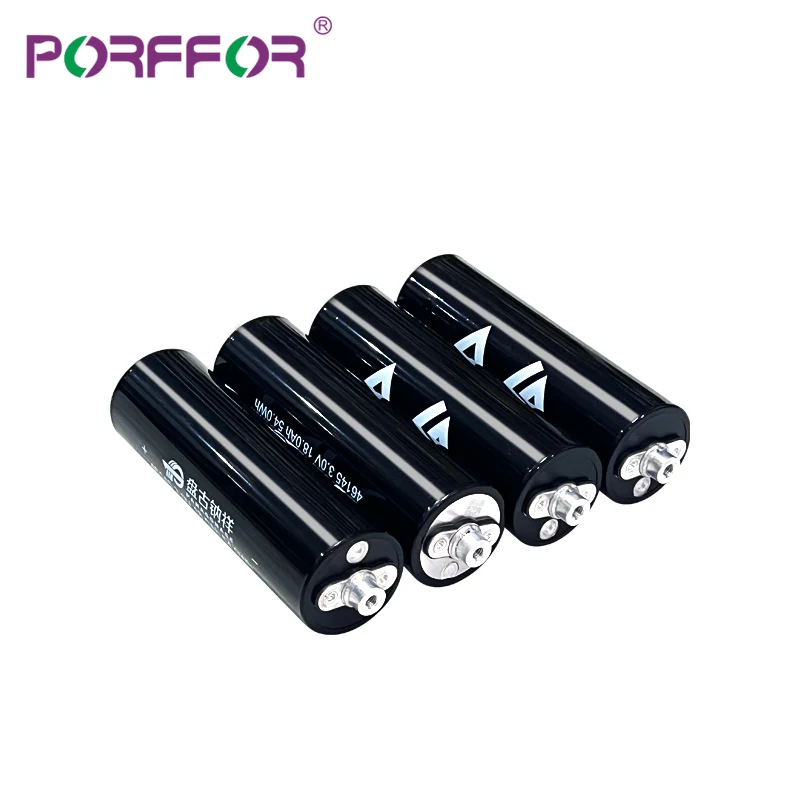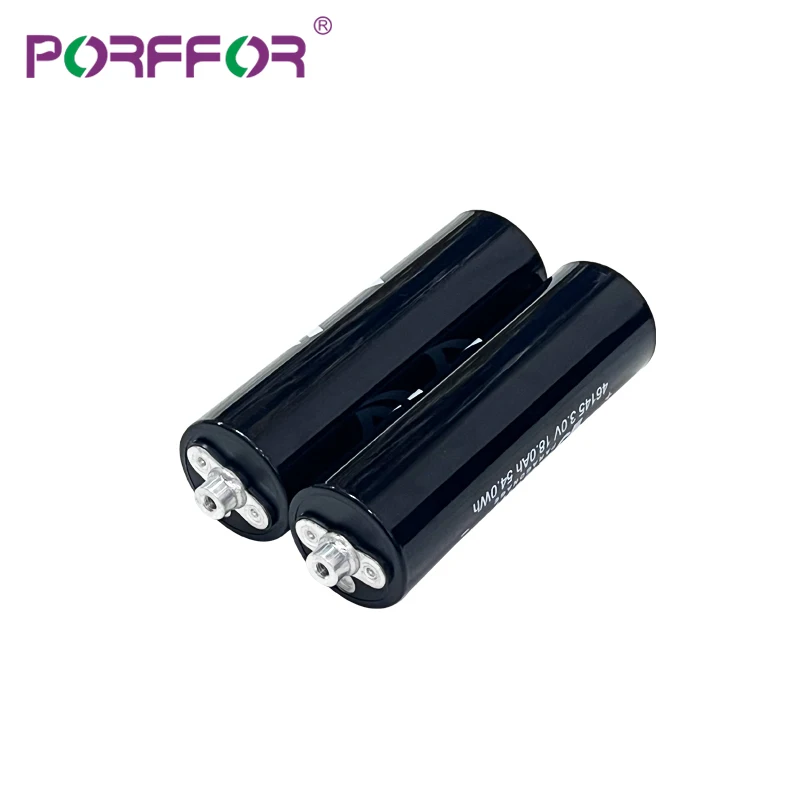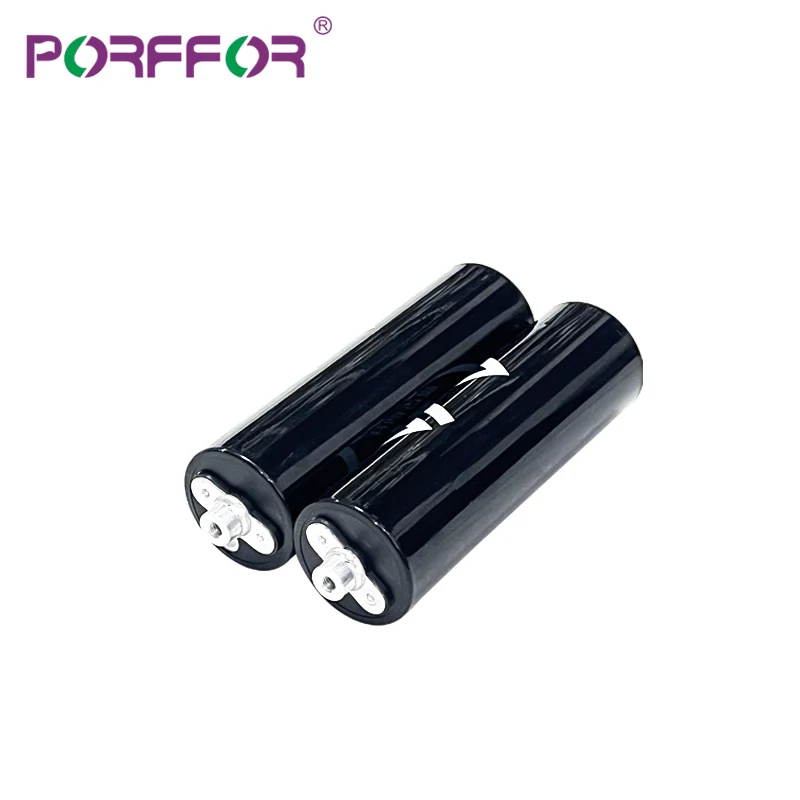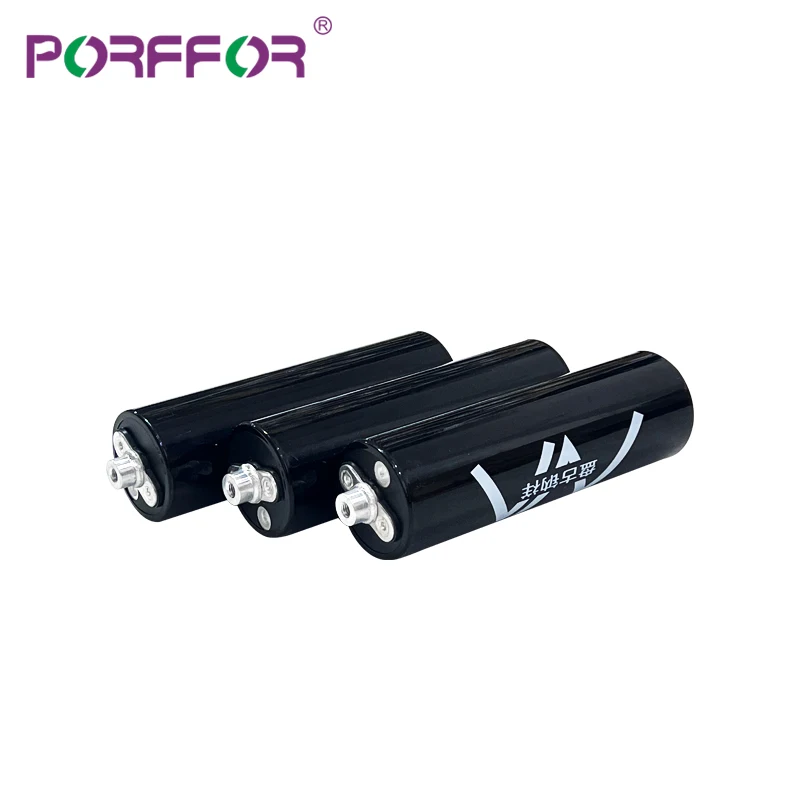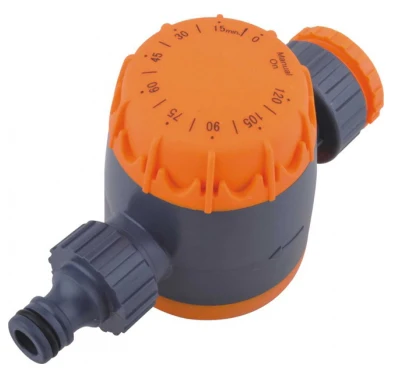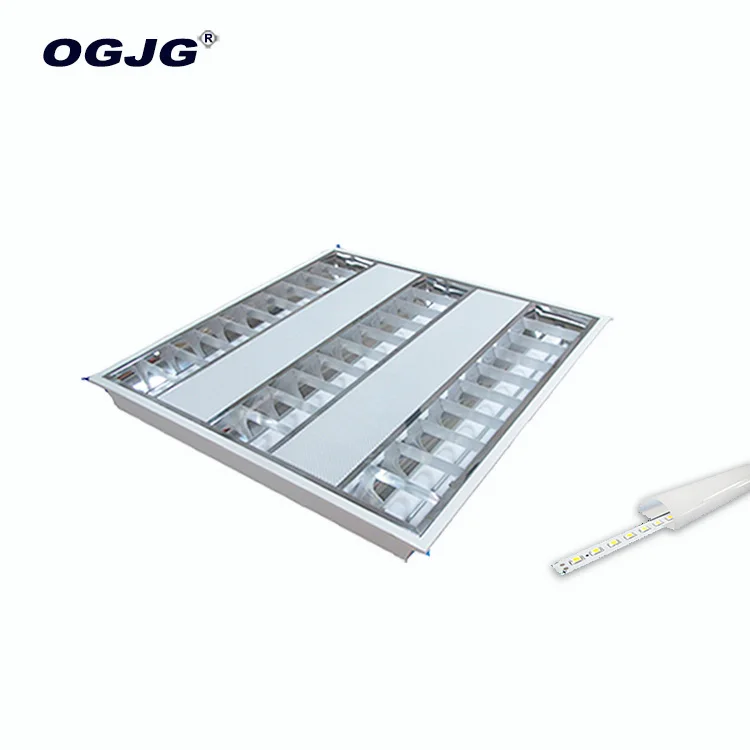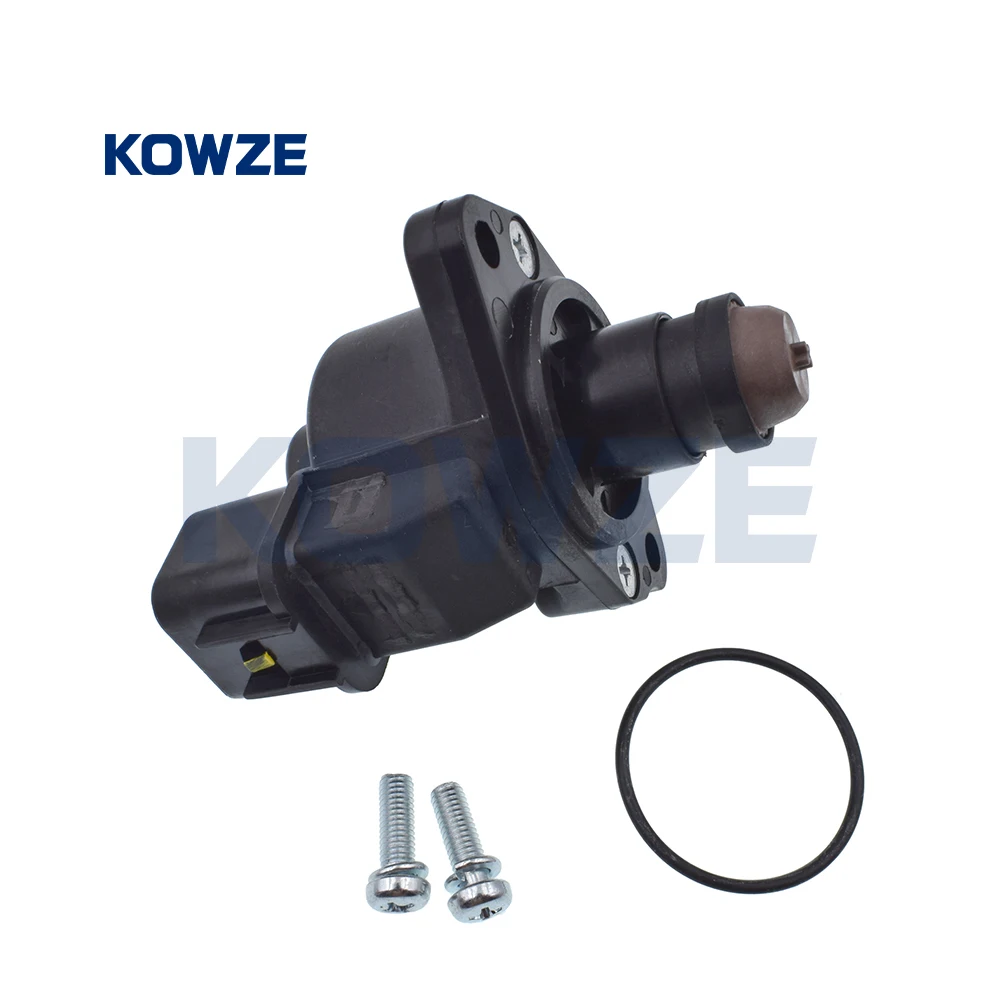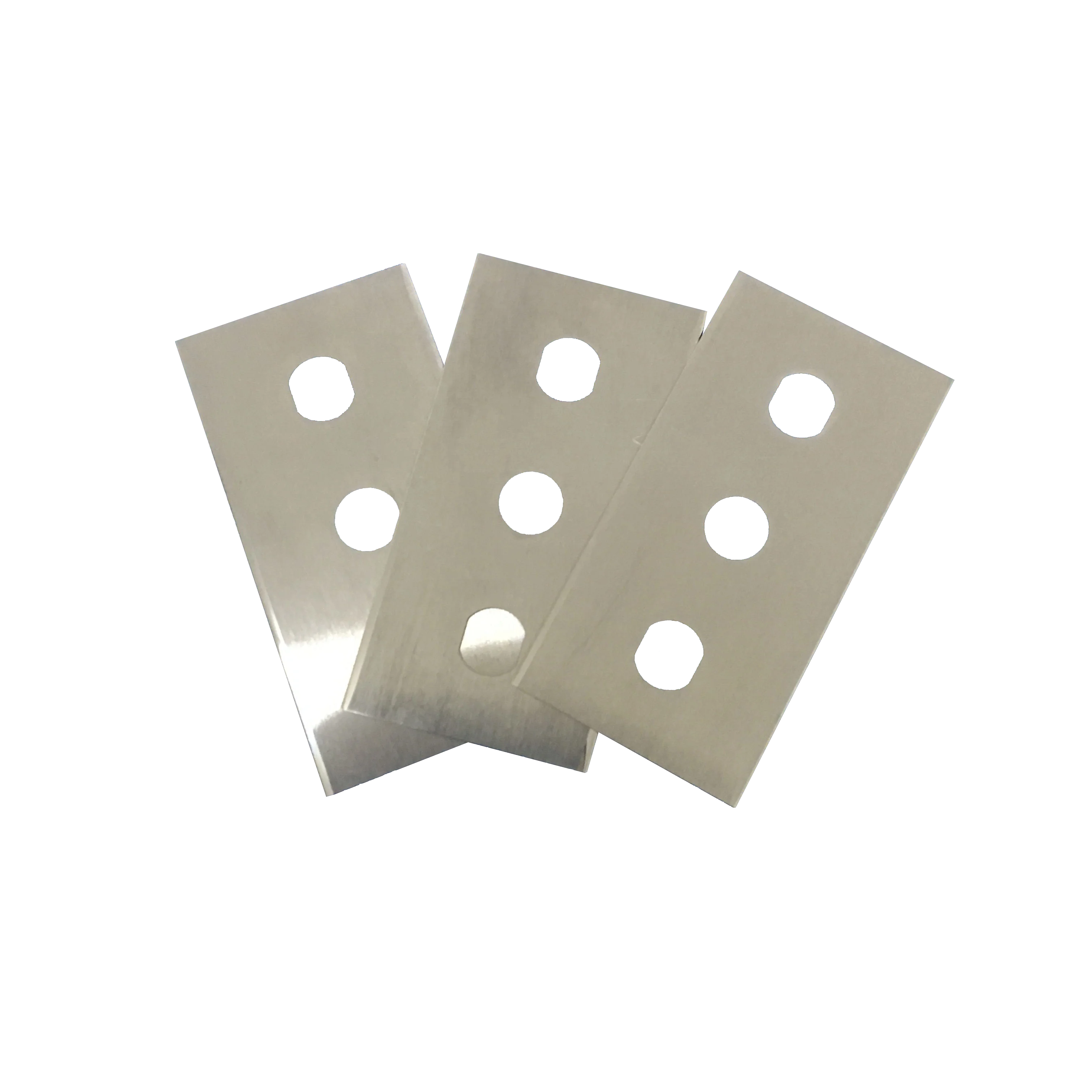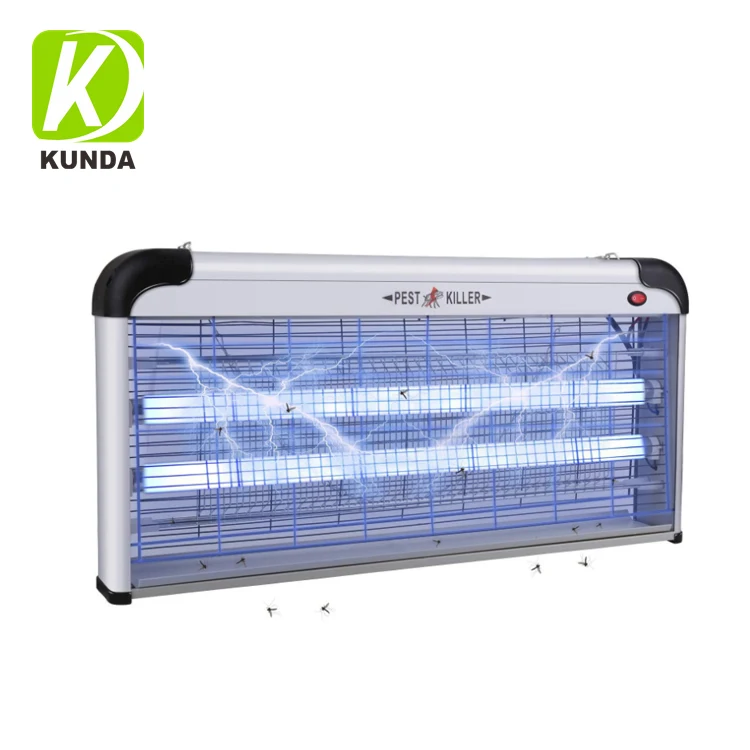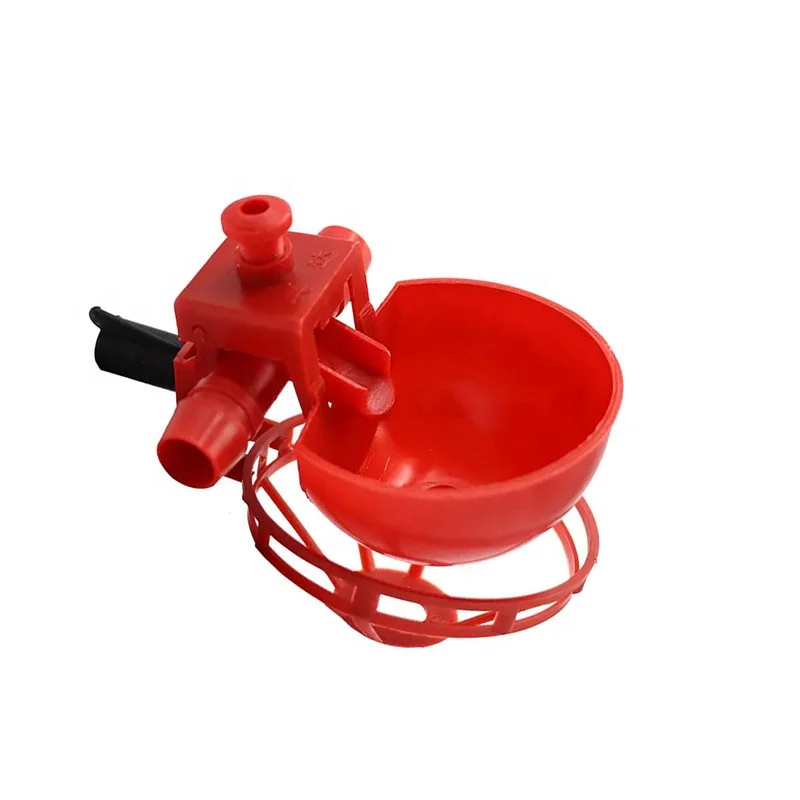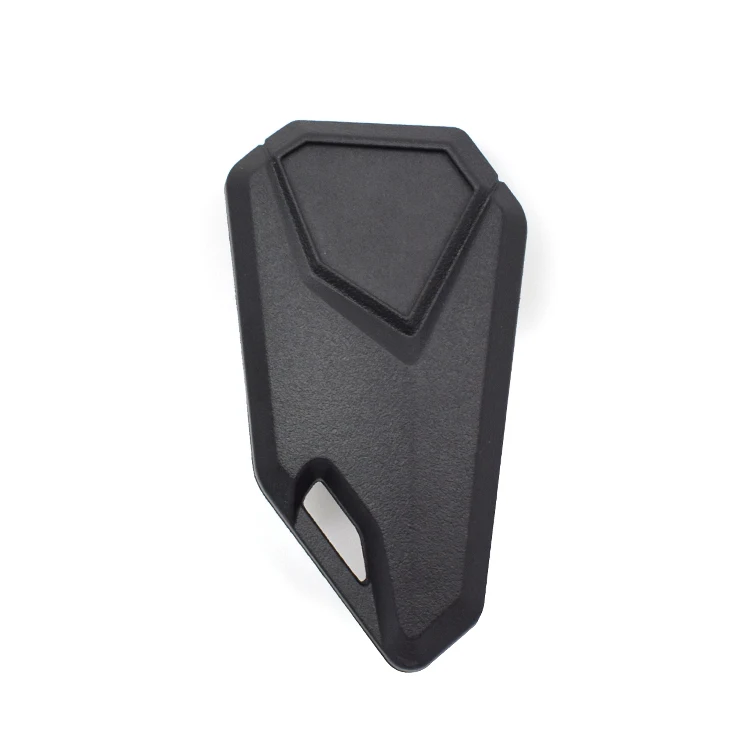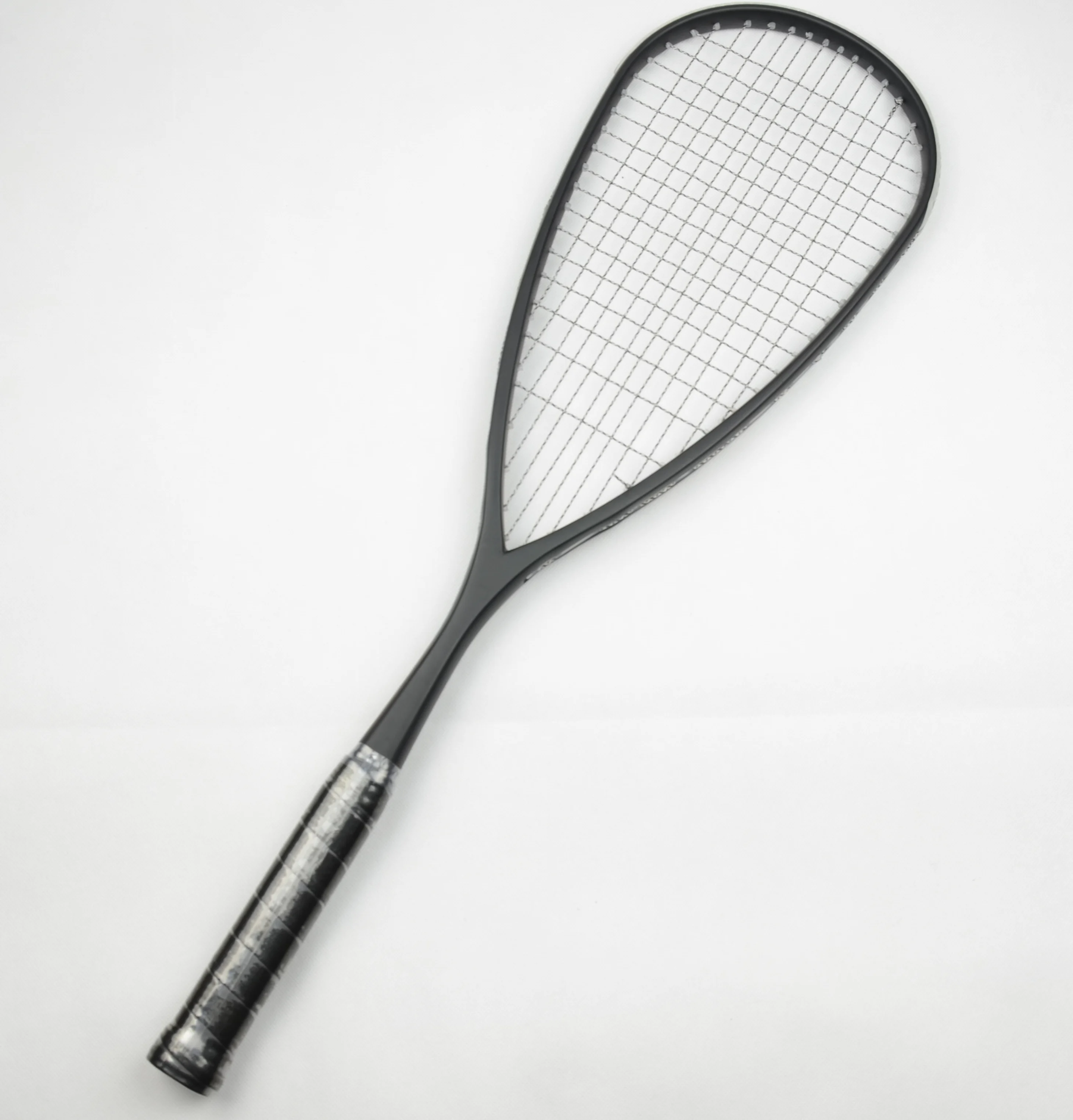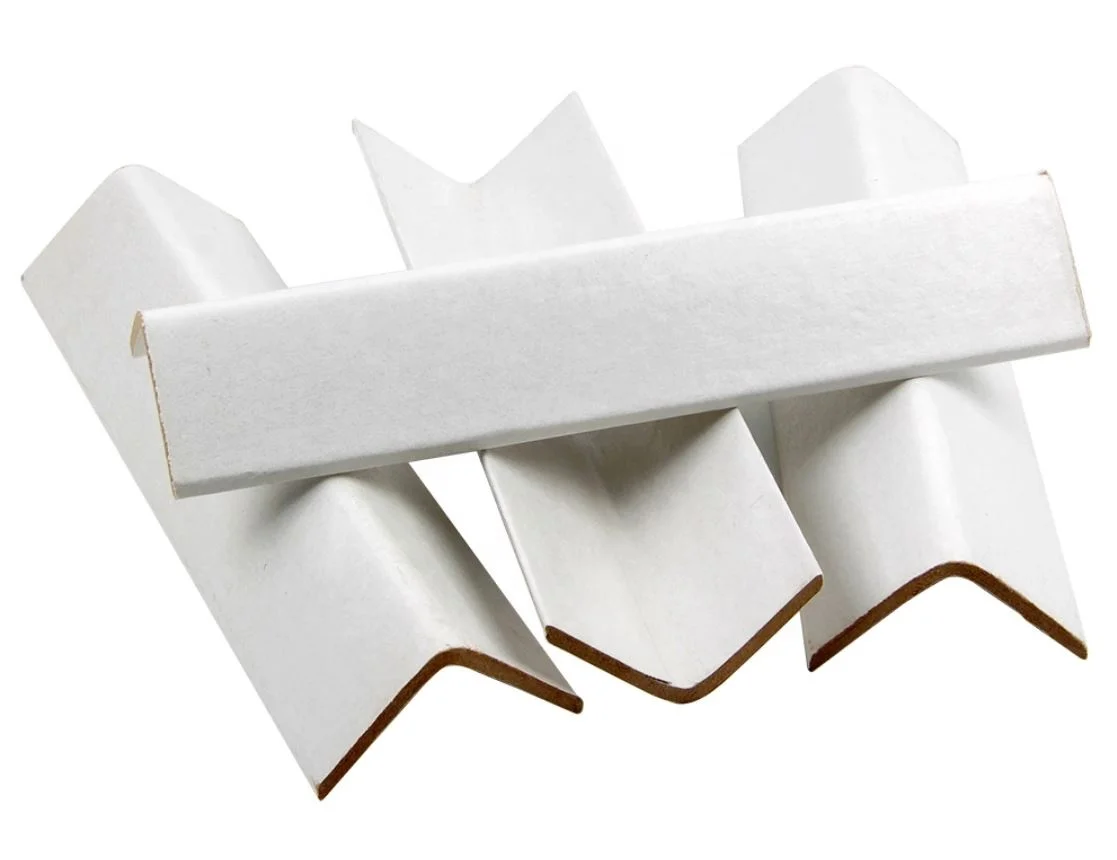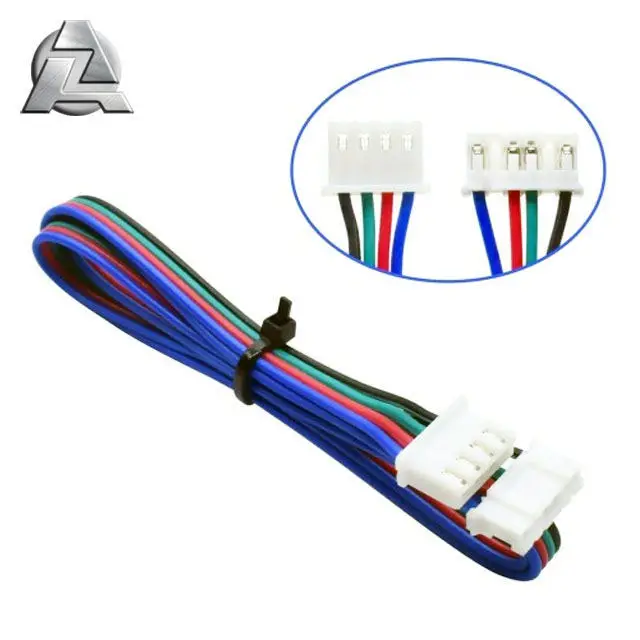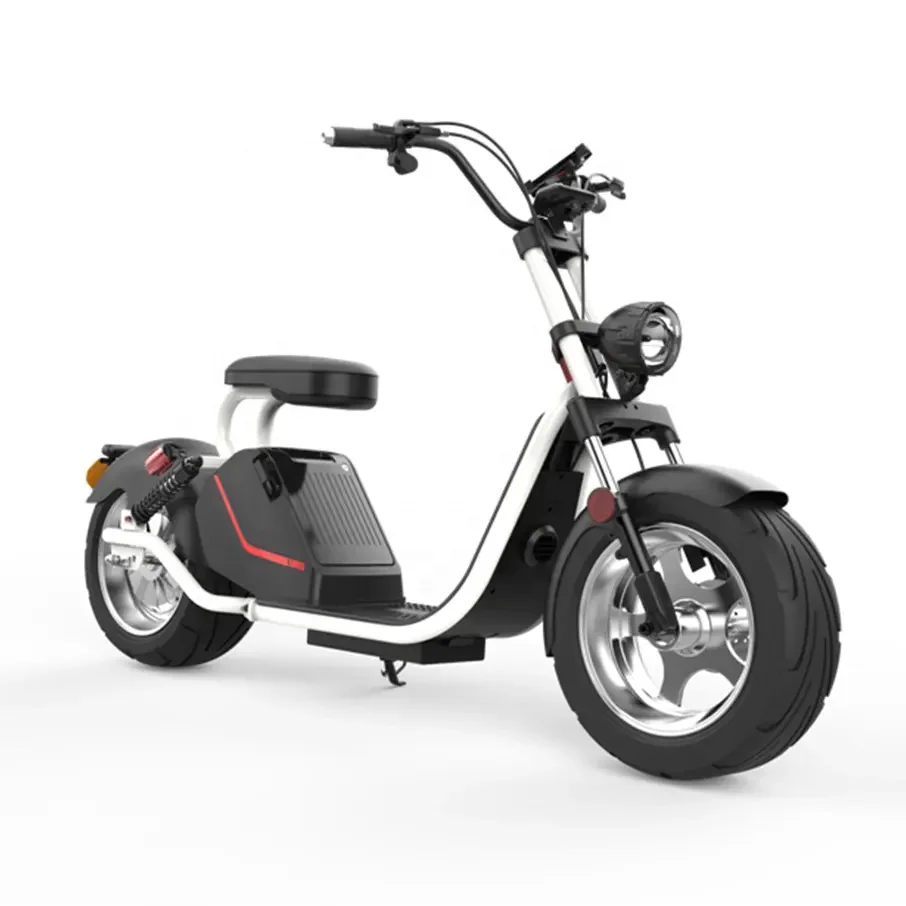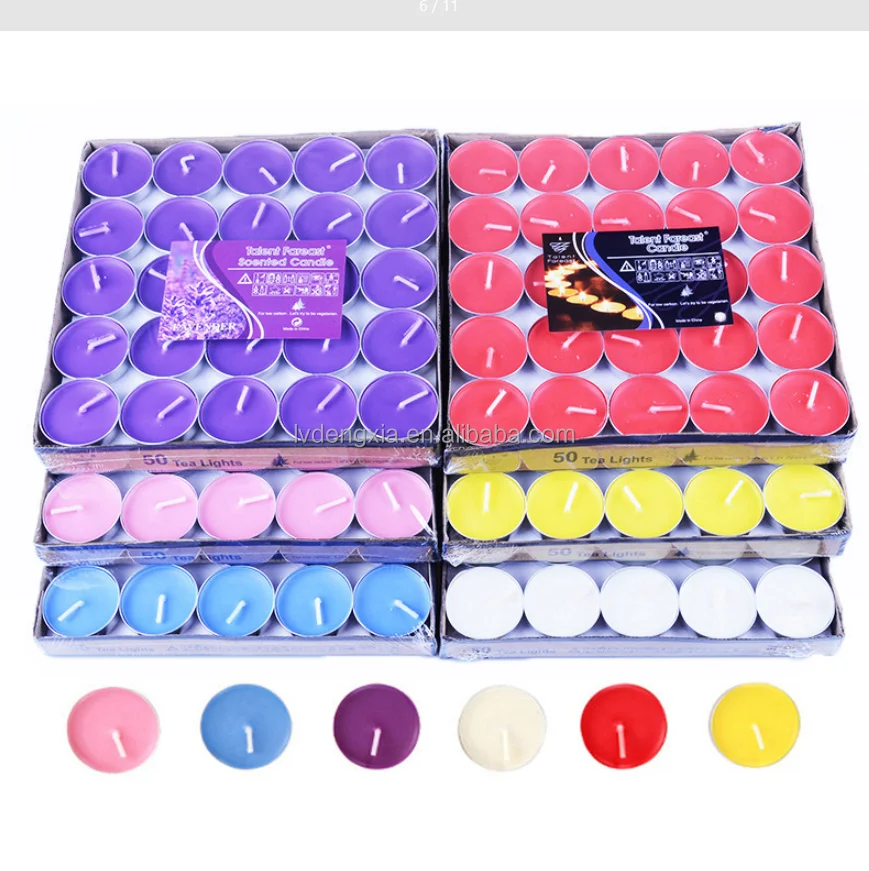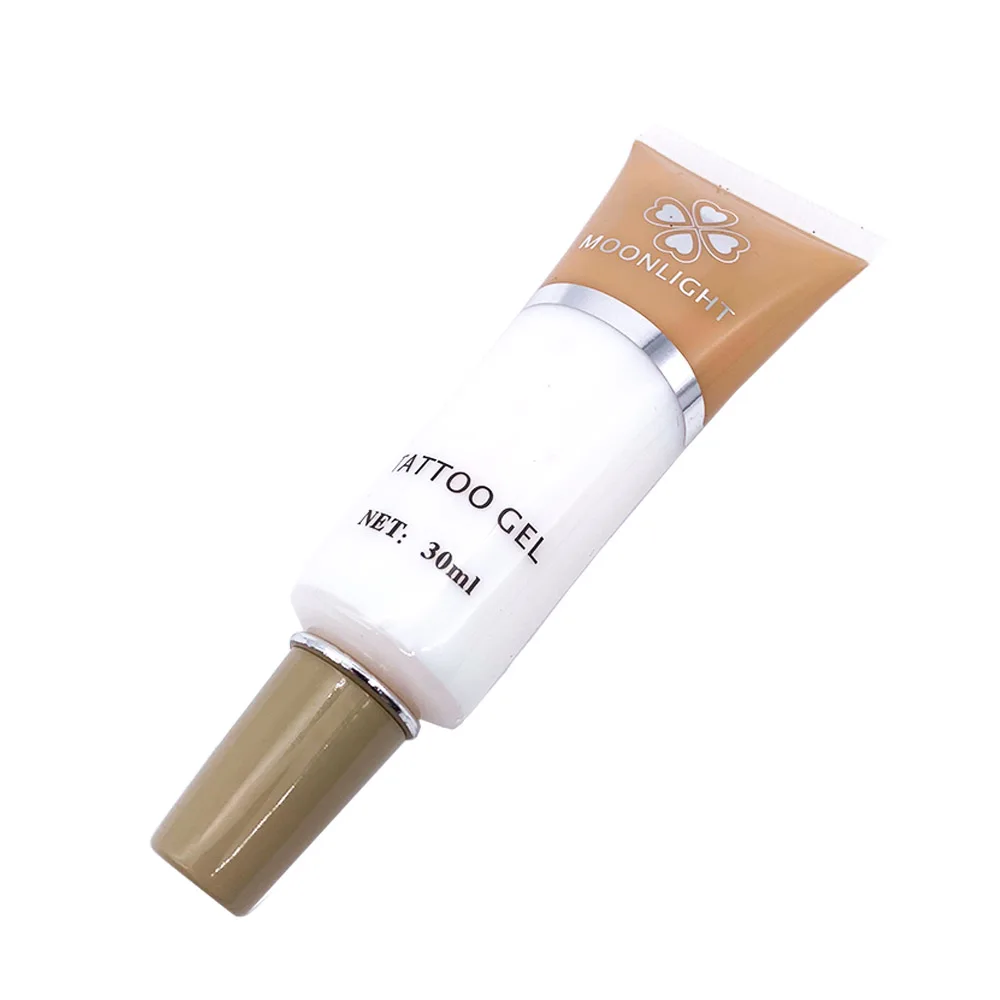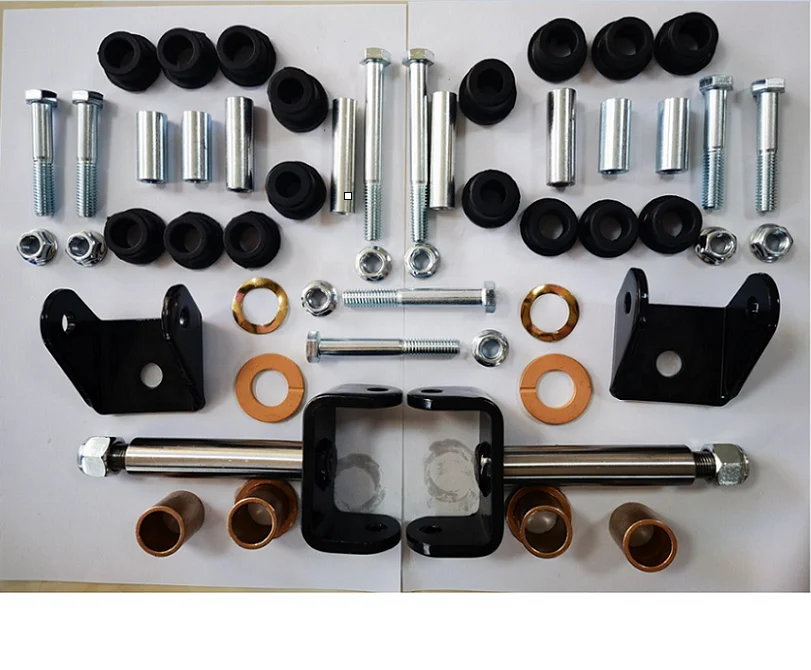12C Continuous Discharge 46145 3.1V 18Ah Sodium ion Battery Cylindrical Rechargeable Na ion Cell Yinlong LTO Cell Replacement
- Category: >>>
- Supplier: Wuxi Porffor Technology Co. Ltd
Share on (1601029250306):
Product Overview
Description
Product Description
What is SIB/NIB/Sodium ion Battery?
The sodium-ion battery (NIB or SIB) is a type of rechargeable battery that uses sodium ions (Na+) as its charge carriers. In some cases, its working principle and cell construction are similar to those of lithium-ion battery (LIB) types, but it replaces lithium with sodium as the cathode material, which belongs to the same group in the periodic table as lithium and thus has similar chemical properties.

Will sodium batteries replace lithium?
Sodium-ion batteries might not replace all lithium-ion batteries on the market, but will be applied for certain applications, such as large-scale grid or smaller transportation modes, where high energy densities are not necessarily required. Sodium-ion batteries will be applied for certain applications, such as large-scale grid or smaller transportation modes, where high energy densities are not necessarily required.


Temperature Testing

What Is The Working Principle Of Sodium Ion Battery?
Sodium-ion battery cells consist of a cathode based on a sodium containing material, an anode (not necessarily a sodium-based material) and a liquid electrolyte containing dissociated sodium salts in polar protic or aprotic solvents.
During charging, sodium ions are extracted from the cathode, and inserted into the anode while the electrons travel through the external circuit.
During discharging, the reverse process occurs where the sodium ions are extracted from the anode. And re-inserted in the cathode with the electrons travelling through the external circuit doing useful work.
During charging, sodium ions are extracted from the cathode, and inserted into the anode while the electrons travel through the external circuit.
During discharging, the reverse process occurs where the sodium ions are extracted from the anode. And re-inserted in the cathode with the electrons travelling through the external circuit doing useful work.

Specification
Nominal capacity | 18Ah |
Nominal voltage | 3.1V |
Charge voltage | 4. 10 ±0.05 V |
Discharge cut-off voltage | 1.50 ±0.05 V |
Internal resistance | ≤1.00mΩ |
Cell dimension | Diameter:47.0±0.5mm Height):150.0±0.5mm |
Energy density | 112.50Wh/Kg |
Weight | 480g |
Storage temperature | 1 year:-20~25℃ 3 months :-20~30℃ 1 month: -20~35℃ |
Maximum Continuous Charging Current | ≤- 10℃ :can not charging Temperature 0~5℃ :≤0. 1C 5~ 15℃ :≤0.2C 15~25℃ :≤0.5C 25~35℃ :≤ 1.0C 35~45℃ :≤0.5C ≥ 45℃ :can not charging Temperature |
Maximum continuous discharge current | ≤-30℃ :can not discharging Temperature -30~0℃ :≤0.5C 0~ 10℃ :≤ 1.0C 10~35℃ :≤3.0C 35~45℃ :≤ 1.0C 45~60℃ :≤0.5C ≥60℃ :can not discharging Temperature |
Fast charge | Constant Current 1.0C Constant Voltage 4. 1V 0.05C cut-off |
Packing & Delivery


Wrap Making Is Available | ||||||||
46145 18Ah | Carton | Weight | ||||||
20PCS | L32*W27*H20CM | 11kg approx | ||||||
Packing: We pack 20PCS per carton, 11kg approx per carton, and 880PCS per pallet, total in 44 cartons. Each cell is well protected and insulated with each other.
Delivery time: In stock and can delivery in 7-14 working days depends on the order quantity
SIB VS LITHIUM VS LTO
Compared with lithium-ion batteries, sodium-ion batteries have the following advantages:
1.Material innovation: Researchers are looking for new electrode materials and electrolytes to improve the energy density, cycle life, and safety of sodium-ion batteries.
2.Cost advantage: Since sodium is more abundant in the earth's crust than lithium, sodium-ion batteries have the potential to be a low-cost storage technology.
3.Structural improvements: The design and manufacturing process of Na-ion batteries will continue to be optimized to improve their performance and reliability.
4.Sustainability: Sodium-ion batteries may be more environmentally friendly to manufacture and recycle than lithium-ion batteries.
5.Commercialization process: With the advancement of technology and the demand of the market, it is expected that sodium-ion batteries will gain more market share in different application fields.
6.Combination with other technologies: Na-ion batteries may be combined with other energy storage technologies such as supercapacitors and flow batteries to provide customized solutions for specific applications.
In summary, Na-ion batteries will likely become an important part of the energy storage field in the next few years due to their abundant raw materials and cost advantages.
Sodium-ion batteries (SIBs) are a research area that has attracted much attention in recent years because sodium is more abundant and cheaper than lithium, and its energy storage potential is promising.
2.Cost advantage: Since sodium is more abundant in the earth's crust than lithium, sodium-ion batteries have the potential to be a low-cost storage technology.
3.Structural improvements: The design and manufacturing process of Na-ion batteries will continue to be optimized to improve their performance and reliability.
4.Sustainability: Sodium-ion batteries may be more environmentally friendly to manufacture and recycle than lithium-ion batteries.
5.Commercialization process: With the advancement of technology and the demand of the market, it is expected that sodium-ion batteries will gain more market share in different application fields.
6.Combination with other technologies: Na-ion batteries may be combined with other energy storage technologies such as supercapacitors and flow batteries to provide customized solutions for specific applications.
In summary, Na-ion batteries will likely become an important part of the energy storage field in the next few years due to their abundant raw materials and cost advantages.
Sodium-ion batteries (SIBs) are a research area that has attracted much attention in recent years because sodium is more abundant and cheaper than lithium, and its energy storage potential is promising.


Why Choose Na ion Battery
1. Superior Safety: According to the research of the Jerry Barker team of Faradion UK, The Sodium-ion batteries can actually be safely discharged to 0 V (true 0% SOC). Which can obviously reduce the danger probability of the battery during transportation and storage.
2. Versatile Solutions: Whether you need individual battery cells or custom battery packs, our Sodium-on Batteries can cater to you diverse needs,enhancing your product lineup.
3. Cutting-Edge Technology: Embrace the future with our state-of-the-art Sodium-on Batteries, delivering superior performance efficiency,and longer lifespan compared to conventional options.
4. Environmentally friendly: There nearly no heavy metal elements can pollute the environment, Sodium ion battery is completely safe and environmentally friendly. We can foresee that sodium-ion batteries will become sustainable low-cost alternatives to lithium-ion batteries for all kinds applications. Such as low speed electric vehicles and large-scale energy storage (ESS). Increasingly shifting to wind, solar and hydropower, they rely on battery energy storage for uninterrupted, all-weather performance.


FAQ
How long will sodium-ion batteries last?
The cycle life of existing sodium-ion batteries can reach 4,000 times
Are sodium-ion batteries a good investment?
Due to plans for future major capacity extensions of wind and solar power as well as growing sales of electric vehicles in the area, the sodium-ion batteries industry in North America is predicted to be lucrative.
Are sodium batteries toxic?
A sodium–sulfur battery is a type of molten-salt battery that uses liquid sodium and liquid sulfur electrodes. This type of battery has a similar energy density to lithium-ion batteries, and is fabricated from inexpensive and non-toxic materials.
Is sodium-ion battery flammable?
Safety. Solid-state sodium ion batteries are safer than Li-ion batteries because they are non-flammable and can operate
effectively across a wide range of temperatures. Although stable, lithium batteries can be prone to catching on fire when
improperly used, charged, or stored.
effectively across a wide range of temperatures. Although stable, lithium batteries can be prone to catching on fire when
improperly used, charged, or stored.
Are sodium-ion batteries sustainable?
Sodium-ion batteries (SIB) are considered as a promising alternative to overcome existing sustainability challenges related to Lithium-ion batteries (LIB), such as the use of critical and expensive materials with high environmental impacts.
We Recommend
New Arrivals
New products from manufacturers at wholesale prices
